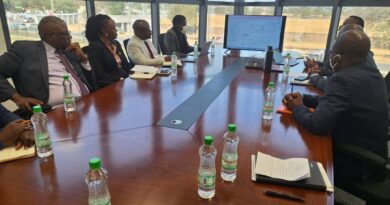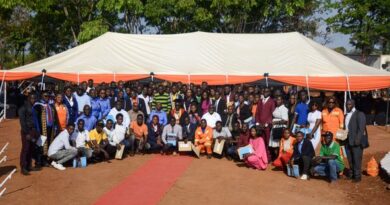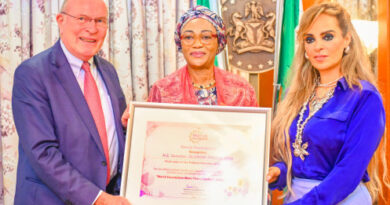Zambia to Promote Alternatives to Charcoal, Pledges Policy Incentives
Zambia’s Ministry of Green Economy and Environment has announced plans to aggressively promote alternatives to charcoal in a bid to combat deforestation and mitigate climate change.
Hon. Eng. Collins Nzovu, Minister of Green Economy and Environment, emphasized the need to move beyond simply planting trees.
He called for a multi-pronged approach that includes promoting sustainable practices and providing readily available alternatives to charcoal.
The Minister specifically mentioned Liquified Natural Gas (LPG), biogas, and various types of briquettes as potential replacements for charcoal.
He acknowledged the media’s crucial role in raising awareness about these alternatives and promoting their use.
Hon. Nzovu committed to providing necessary policy incentives to make these alternatives more accessible and affordable for Zambians.
He also invited the private sector to play a significant role in supplying these alternatives at scale.
The Minister emphasized the importance of collaboration between the government, media, and private sector.
He called upon the Media Liaison Committee to broaden their environmental campaign beyond tree planting and work together to tackle climate change challenges.
The Minister’s comments came during a tree planting ceremony held at the University Teaching Adult Hospital in Lusaka to commemorate World Press Freedom Day (May 3rd).
The event’s theme, “A Press for the Planet: Journalism in the Face of the Environmental Crisis,” underscored the critical role of journalists in advocating for environmental sustainability.
Representatives from the World Press Freedom Day Organizing Committee and the Ikoe Foundation, co-organizers of the event, also spoke at the ceremony. They highlighted the ongoing “Green Up Zambia Campaign,” a multifaceted initiative aiming to plant 20 million trees by 2030.
The campaign includes efforts to restore biodiversity in green spaces, homes, and schools, alongside establishing youth-managed nurseries to ensure a steady supply of seedlings.



